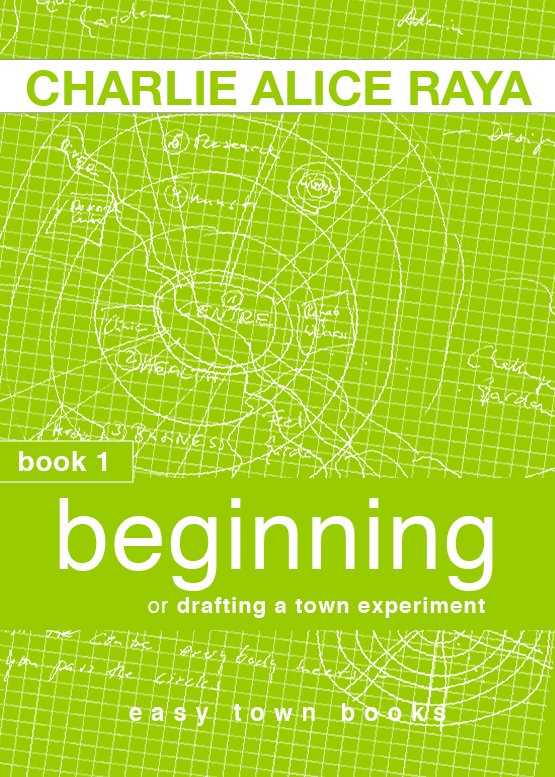The beauty of modern slavery

The following is from the First Easy Town Conference in book 1, beginning by Charlie Alice Raya
Alice and Tom are in the middle of a Q & A session when one of the thousand guests in the auditorium makes the following statement:
PRICES WOULD BE TOO HIGH IN YOUR TOWN IF YOU PRODUCED EVERYTHING YOURSELF.
‘Ah, the beauty of modern slavery,’ Alice said with gusto.
She paused and watched the mixed reactions from the audience, before she continued with a hint of mockery in her voice: ‘Modern slavery serves us so beautifully, and we don’t even have to see it.
Buying and keeping slaves openly – visibly – would hardly be possible in our modern times. Least of all, for a respectable person.
Today’s system is so much more elegant, and so much less disturbing for a good person’s soul.
We justify low wages with low living costs in a far away country.
We go to work in our countries. We’re not lazy. We pay taxes.
We are good people.
It’s all so nice and comfy.
And honestly, why pay more for a pair of shoes? Nobody could possibly want that.
Besides, big companies need all their cash for advertising.
And do you know how much it costs to pay a photographer or an influencer? There just isn’t enough money left to pay higher slave wages.
And advertising is essential.
Not just to brainwash us. It’s also a huge industry full of overpaid people.
We can’t put their jobs at risk, can we?
Besides, who doesn’t like a good commercial? Who doesn’t get excited about the latest high-end must-haves? And who doesn’t enjoy the promise of being free and revolutionary, and oh so wonderfully cool and modern?
Now, the slaves who work in far away factories, what are they to us? Do these human beings, who make our jeans, our trainers, our footballs, our pens, do they even need anything other than a job?
Is that an unfair question?
Oh right, these people in far away countries don’t go on holidays. They don’t buy cars. They don’t build houses. They don’t send their children to school.
They don’t need the money, do they?
So why the fuss?
If anything, we take advantage of how those countries are. It’s not our fault that they are this uneducated, poor and underdeveloped.
Really, they should be grateful. Without our designer bras, they wouldn’t even have a job. And the bra factory pays better than the farmer.
So really, we are doing them a favour.
It’s a win-win situation.
And frankly, child labour? These kids don’t learn an instrument or play computer games. They don’t have any dreams. In fact, they would be bored if they couldn’t harvest cacao pods or break stones. What else is there to do for them?
And child-brides? What does that have to do with us? We can’t be held responsible for what’s happening in backward societies, can we?
And as for all these poor, sad labourers from South America or Eastern Europe or refugees from the Middle East or from Africa, who don’t even speak our language, let’s face it, they have to slave in our countries, on our farms, building our roads, raising ours houses and our children.
Don’t they?
I mean, there are no jobs in their countries. So we are doing them a favour. And their countries are so poor or at war or full of fanatics or ruined by droughts or overrun by locusts or governed by weird strongman or ruined by corruption, those people hardly need any money.
So why would we pay them more than they need? Besides, if we paid them more, they would just send more money to their poor relatives in their poor countries. And that’s not good for us, is it?
The beauty of modern slavery.’
Alice paused.
When she spoke again, she spoke without mockery. ‘But here’s the thing. How much does the West profit from modern slavery? Does the West depend on modern slaves? Can we thrive without them? What does it take to make a town work without exploiting anyone or anything? Is that even possible?
Well, these are some of the many questions, we’ll address in our town experiment. And yes, we will ask people to pay a price for their purchases that allows our fellow humans to earn a decent living regardless of where they are, or where they come from.’
The atmosphere in the auditorium was heavy with— Well, it was hard to tell. Was this thought? Or awkwardness? Or discomfort? It was certainly strange.
book 1, beginning
Book 1, beginning by Charlie Alice Raya is available on the easy town books website.

